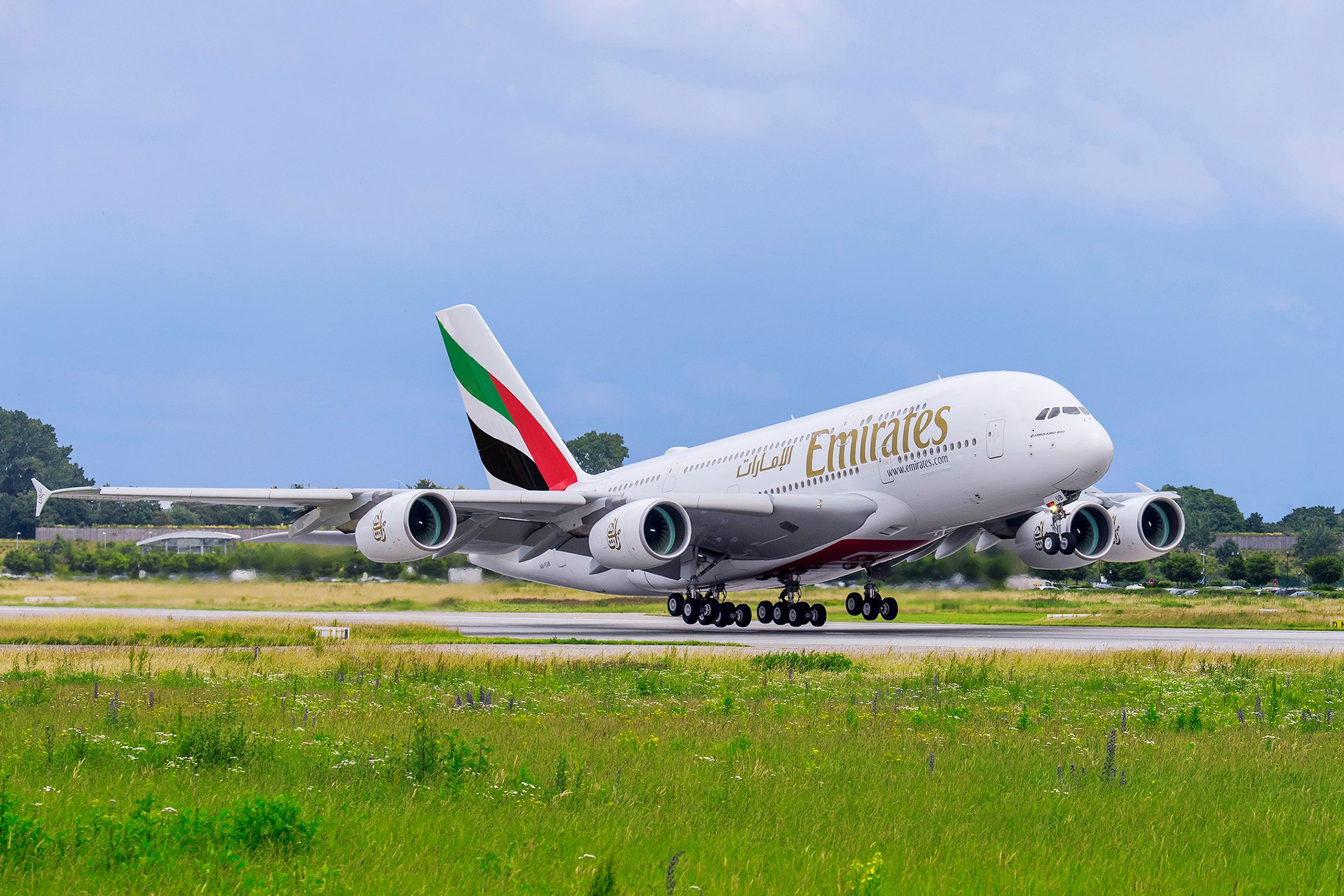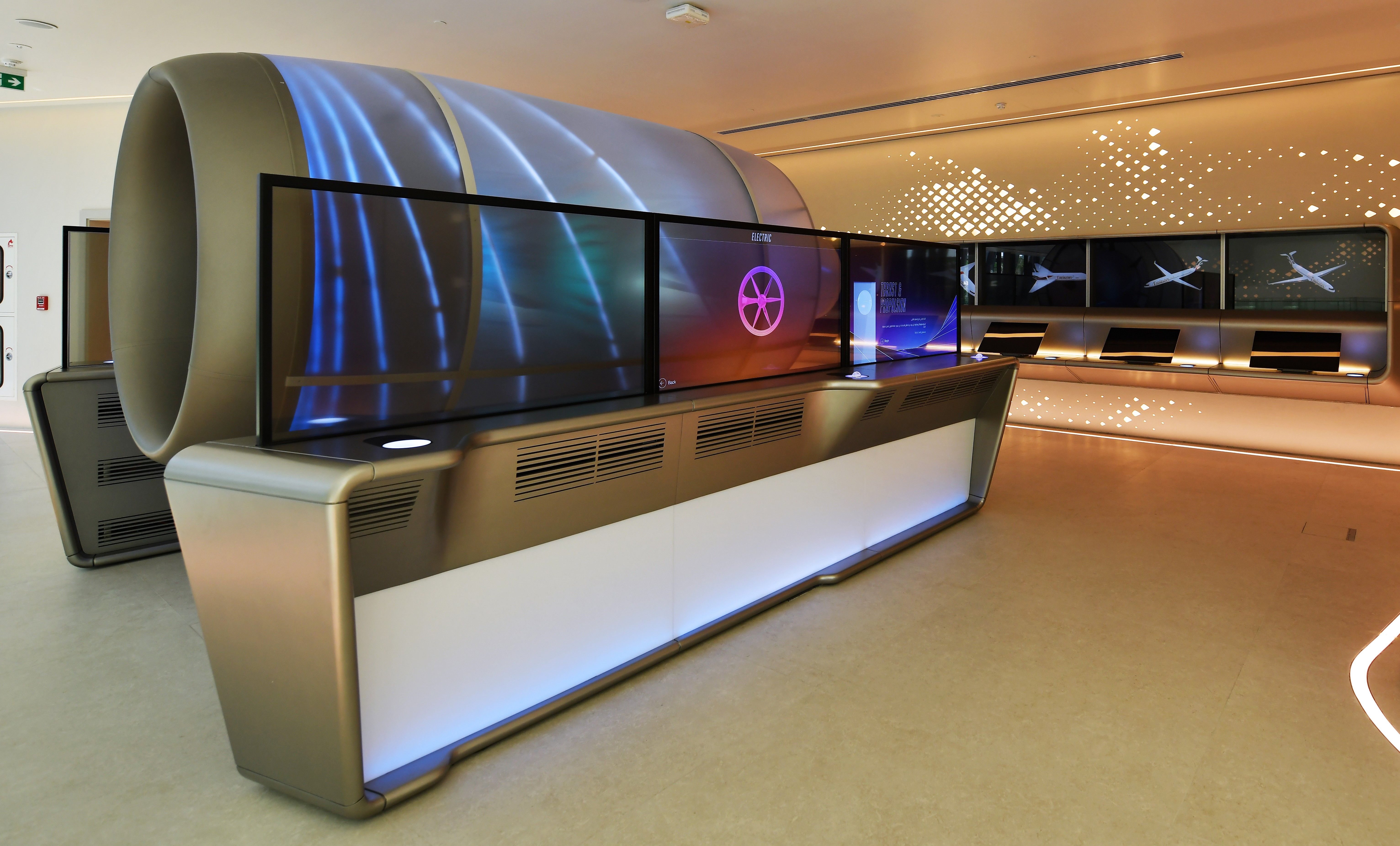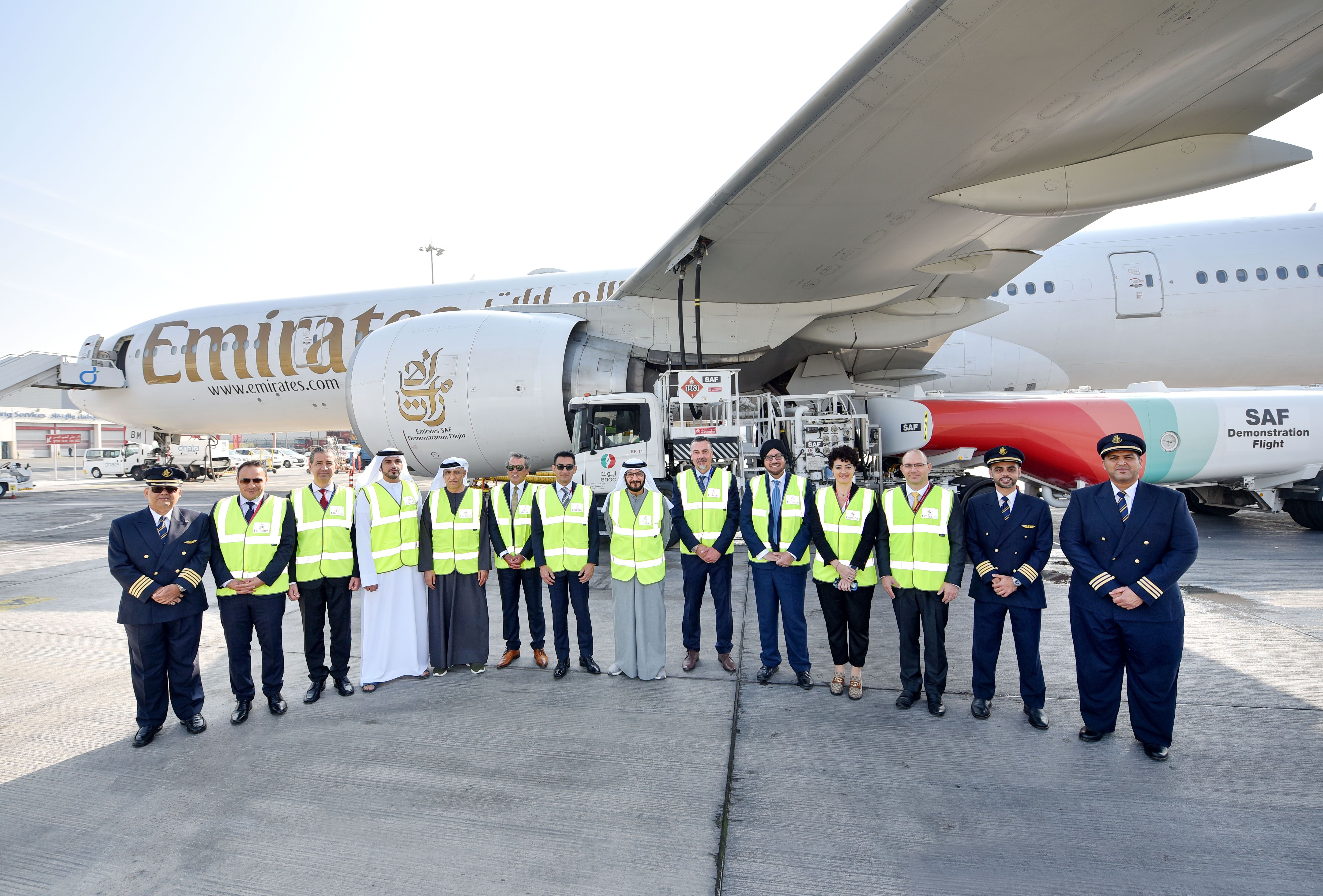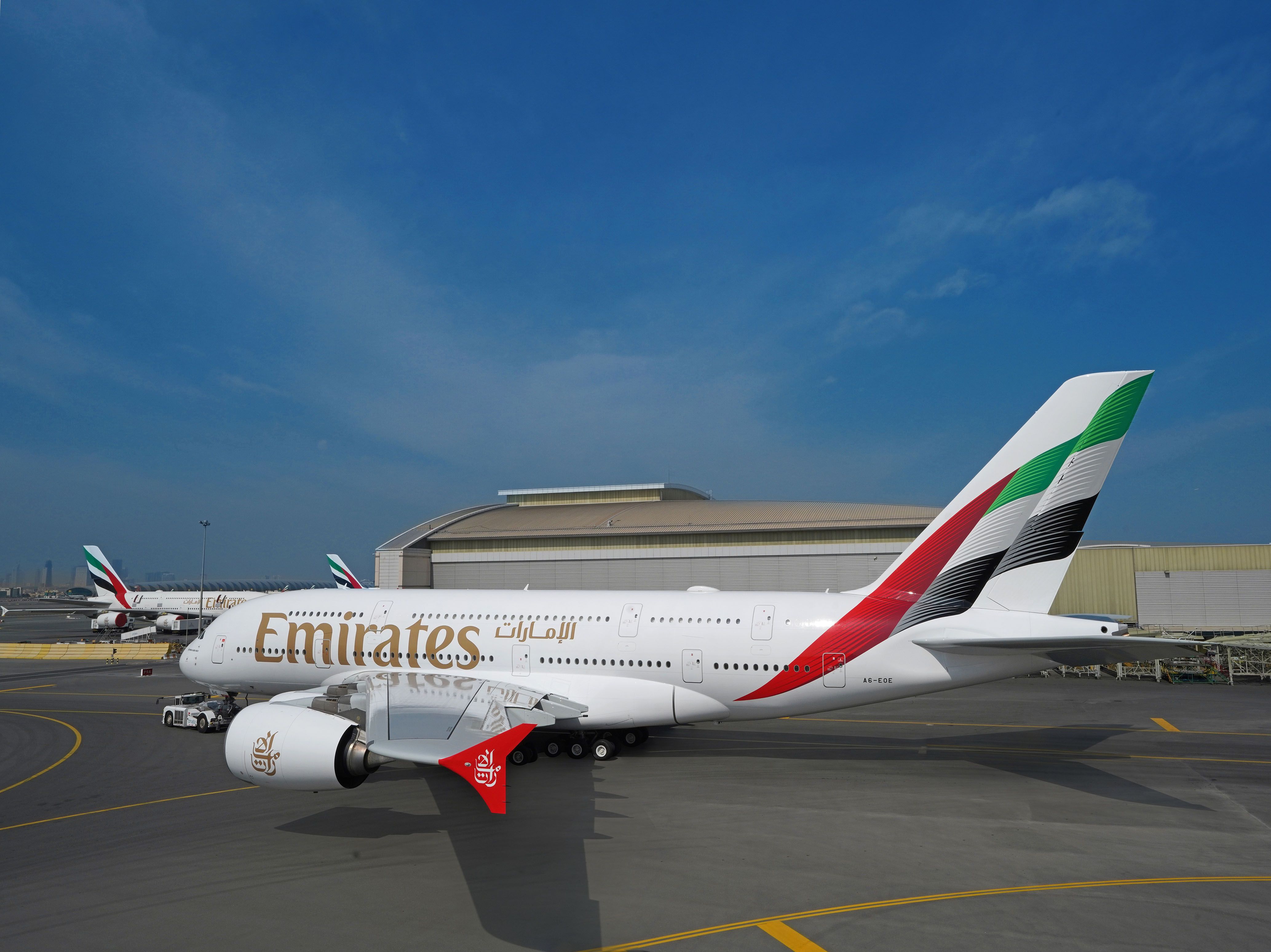Emirates has announced its commitment of $200 million toward funding Research and Development (R&D) initiatives aimed at mitigating the effects of fossil fuels in the aviation industry.
All major carriers and various stakeholders are committed to reducing CO2 emissions, but Emirates has made the most significant single commitment by any airline regarding sustainability. The funds will be disbursed over three years while the airline partners with stakeholders working towards the same goals.
Advanced fuel and energy technologies
Emirates' Environmental Sustainability Executive Group will oversee fund disbursements with support from technical experts. The world's largest international airline will identify viable partnerships with leading organizations working on solutions in advanced fuel and energy technologies.
Airlines need to invest in finding better solutions to reduce the impact of aviation on the environment. The Dubai-based carrier aims to contribute meaningfully to practical solutions for the long-term sustainability of commercial aviation. Emirates President Sir Tim Clark said;
"We are ring-fencing US$ 200 million to invest in advanced fuel and energy solutions for aviation, which is where airlines currently face the biggest impediment in reducing our environmental impact. We looked long and hard at the reality we face in commercial aircraft and engine technology, fuel supply chain, and our industry’s regulatory and ecosystem requirements. It’s clear that with the current pathways available to airlines in terms of emissions reduction, our industry won’t be able to hit net-zero targets in the prescribed timeline."
Although Net Zero is a hard target to hit, there are several practices airlines can implement to significantly reduce the environmental impact of their daily operations. Emirates fund is for R&D and will complement its long-standing sustainability goals. Sir Tim Clark added;
"Until viable solutions can be found, Emirates will continue to implement environmentally responsible practices throughout our business, including uplifting SAF where feasible, ensuring efficient fleet operations, and inducting modern aircraft into our fleet. Our US$ 200 million fund is earmarked for R&D, and not for operating costs like the purchase of SAF or carbon offsets to tick regulatory boxes - activities we consider business-as-usual."
Emirates' emissions reduction practices
Emirates' environmental policy and stewardship revolve around emissions reduction, responsible consumption, and preservation of wildlife and habitats. The airline is implementing the IATA Environmental Assessment (IEnvA) system, a comprehensive environmental management strategy to support this.
In January, the airline successfully operated the first 100% SAF-powered demonstration flight in partnership with Boeing and General Electric (GE). Emirates continues to invest in the SAF market and use it where possible.
Emirates' investment in operating a young and modern fleet highlights its commitment to reducing emissions. Its fleet has 200 of the most advanced Airbus and Boeing widebody aircraft on order, including the A350s and 777Xs.
Get the latest aviation news straight to your inbox: Sign up for our newsletters today.
Ensuring fuel efficiency
The Middle Eastern carrier participates in various industry working groups and initiatives to promote the use of Sustainable Aviation Fuel (SAF). In recent months, it contributed to developing the UAE's power-to-liquid (PtL) fuels roadmap.
The PtL roadmap was launched in July 2022 and jointly prepared by the Ministry of Energy and Infrastructure and the World Economic Forum. It also includes the UAE's National Sustainable Aviation Fuel Roadmap, started in January 2023 by the Ministry of Energy and Infrastructure.
The carrier also has an enhanced fuel efficiency program that tracks fuel usage and identifies stages of flight where emissions can be significantly reduced. Each flight has the most efficient flight plan, taking advantage of natural tailwinds and avoiding headwinds and weather systems.
Efficient fuel-usage practices have also been implemented on the ground. These include using ground power units instead of Auxiliary Power Units (APUs) and switching off one or two engines while taxiing or after landing. Emirates is also involved in the sustainable development of its Dubai International Airport (DXB) hub.
What do you think of Emirates' $200 million R&D fund? Let us know in the comment section.




